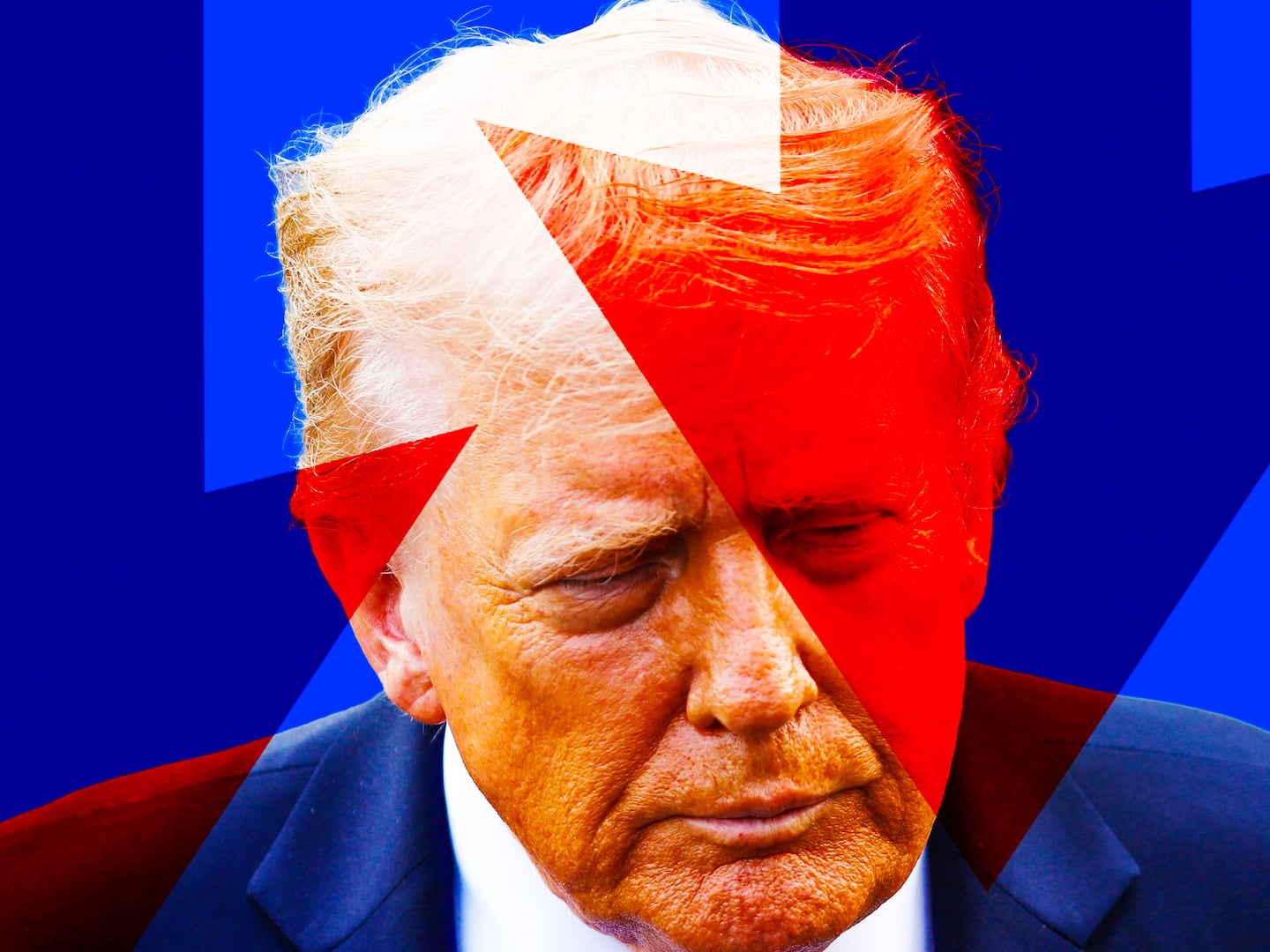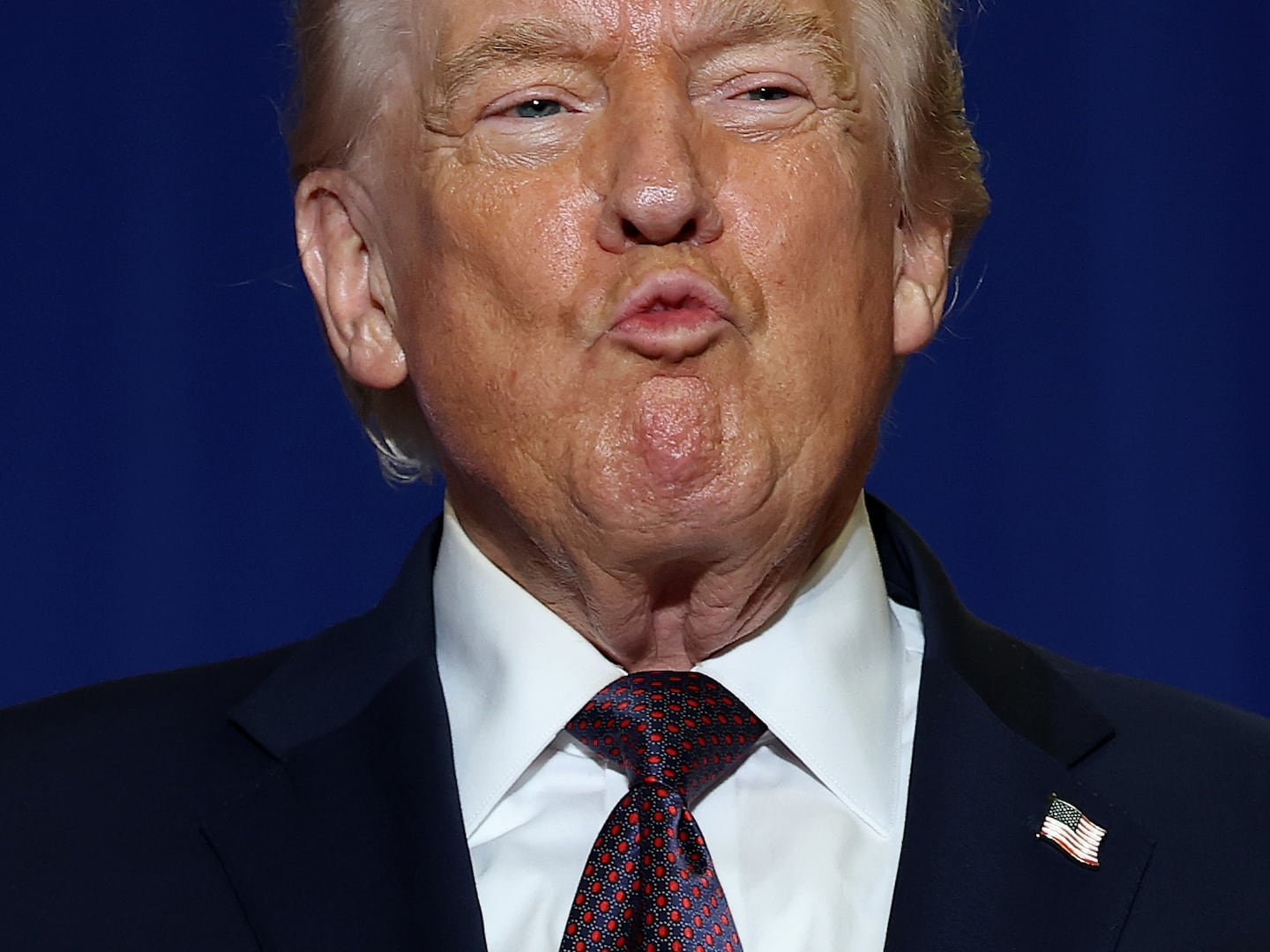The Federal Communications Commission voted 3 to 2 on Thursday to repeal net neutrality protections.
The decision is a blow for consumers, and a win for internet service companies like Verizon and Comcast, which gain the power to dramatically reshape—and limit—the way Americans access the internet.
Net neutrality, a series of Obama-era protections, require internet service providers to treat all data equally, preventing ISPs from charging more for certain services, or restricting access to certain content.
Those rules have won vocal support from free speech advocates and internet users—and staunch opposition from internet companies like Verizon, which could increase profits throttling online content and charging more for individual internet services.
Internet service providers hit the legislative jackpot when the Trump administration appointed a Republican-majority leadership to the FCC and installed former Verizon general counsel Ajit Pai as the commission’s chair.
Under the new rules, companies like Comcast could slow access to competitors, effectively making sites aligned with the company—or ones who pay their way out of slow lanes—appear to load faster. Over 56 million American households have no choice in internet service providers in their area, leaving them potentially tethered to an artificially slow internet under the new rules.
In their testimonies on Thursday, which were briefly interrupted by a bomb threat, the Republican FCC members dismissed their opponents as hysterical.
“The legend of a cable company trying to break the internet makes scary bedtime stories for children of telecom geeks, but it is not reality,” Republican commissioner Michael O’Rielly said in defense of his vote for repeal.
Pai defended internet fast lanes by likening them to promoted tweets and advertisements, which are legal. “What else are promoted tweets but prioritization?” Pai asked.
O’Rielly characterized some net neutrality advocates as being too mean, complaining that some commenters told him he looked “like a potato.” Some of the pro-Republican comments were forged in the name of dead Americans, and are currently under investigation by attorneys general in 19 states.
The FCC’s GOP majority has largely ignored the fraud complaints and calls to delay the vote.
His comments echo Pai’s previous criticisms of net neutrality advocates, whom he mocked as “desperate.”
Jessica Rosenworcel, one of two Democrats on the five-person FCC leadership, issued a strong dissenting statement against repealing net neutrality rules.
“Net neutrality is internet freedom. I support that freedom,” Rosenworcel said. “I dissent from this rash decision to roll back net neutrality rules. I dissent from the corrupt process that has brought us to this point. And I dissent from the contempt this agency has shown our citizens in pursuing this path today.”
Rosenworcel said the repeal “puts the Federal Communications Commission on the wrong side of history, the wrong side of the law, and the wrong side of the American public.”
Mignon Clyburn, the commission’s other Democrat, defended net neutrality as a protector of free speech, and read a statement from Congressman Jerry McNerney. Clyburn held a large folder of letters McNerney’s constituents had sent him in support of net neutrality.
“Despite the millions of comments, letters, and calls received, this order cites not even one,” McNerney’s statement read. “That speaks volumes about the direction the current majority is heading. That this FCC his heading.”
The FCC announced its plans to vote on net neutrality less than a month ago. But internet activists foresaw net neutrality’s end months ago, when Pai was confirmed as FCC chair.
A former attorney for Verizon, Pai is a longtime opponent of open internet protections. Prior to being named FCC chair, he served as one of the board’s commissioners, where he was one of the two dissenting votes against net neutrality protections in 2015. When the measure passed, Pai claimed his colleagues had only voted for the protections “because President Obama told us to.”
When Donald Trump was elected, Pai heralded net neutrality’s imminent demise. “We need to fire up the weed whacker and remove those rules that are holding back investment, innovation, and job creation,” he said in a January speech.
Since then, internet activists have rallied to protect net neutrality, citing its importance to free speech and affordable internet access. But the FCC’s Republicans, particularly Pai, have laughed off the opposition.
In May, Pai partnered with the conservative-leaning Independent Journal Review to produce an allegedly humorous video of him reading “mean tweets” from net neutrality advocates. The day before the net neutrality vote, Pai appeared in a video produced by the Daily Caller, in which he held a fidget spinner and consoled viewers that “you can still ‘gram your food,” and “post photos of cute animals” after net neutrality is crushed.
Internet users swiftly pointed out that one of the scenes featured Pai doing the Harlem Shake with a woman who had pushed the “Pizzagate” hoax, a conspiracy theory that accused prominent Democrats of running a child sex trafficking ring out of the basement of a a pizzeria that has no basement.
Verizon, Pai’s former employer, is in on the joke. During a telecoms industry dinner earlier this month, Pai gave a speech that included a skit with Verizon Senior Vice President Kathy Grillo. Gizmodo obtained footage of the skit, which takes place at “Verizon’s DC Office” in 2003.
“As you know, the FCC is captured by the industry, but we think it’s not captured enough, so we have a plan,” Grillo told Pai in the skit.“What plan?” Pai said.“We want to brainwash and groom a Verizon puppet to install as FCC chairman,” Grillo said. “Think ‘Manchurian Candidate.’” “That sounds awesome,” Pai told her.
A Verizon spokesperson later dismissed the leaked skit as a joke. But on Thursday, Verizon reaped the serious rewards of having its former attorney at the helm of the FCC.
Clyburn concluded her dissenting opinion by quoting Pai’s own dissenting opinion from 2015, when he voted against net neutrality protections.
“‘I am optimistic that we will look back on today’s vote as an aberration, a temporary deviation from the bipartisan path, that has served us so well. I don’t know whether this plan will be vacated by a court, reversed by Congress, or overturned by a future Commission. But I do believe that its days are numbered,’” Clyburn quoted Pai as saying.
“Amen to that, Mr. Chairman. Amen to that.”
“I’ll put you down as a no,” Pai said, as the crowd laughed.






